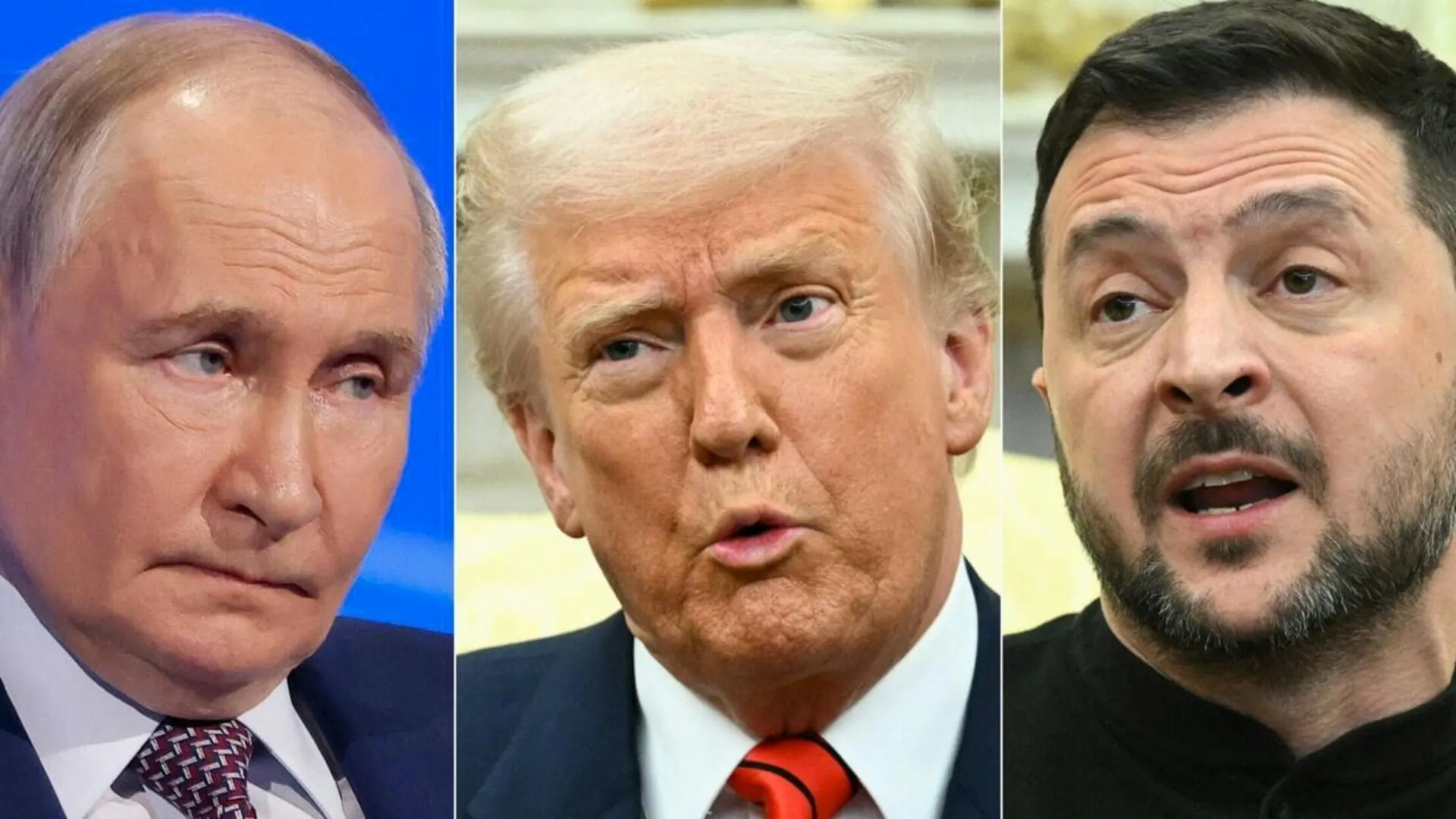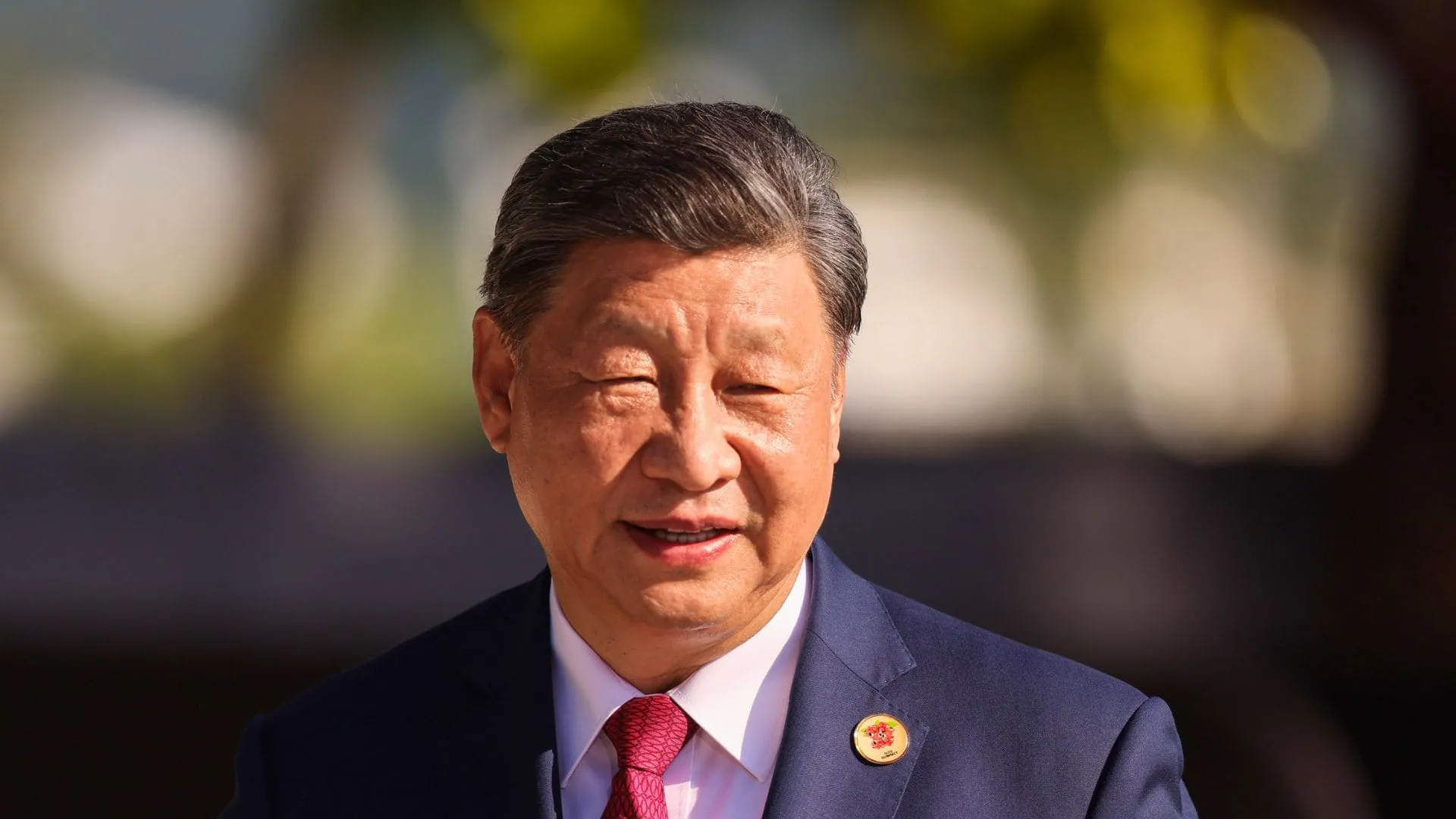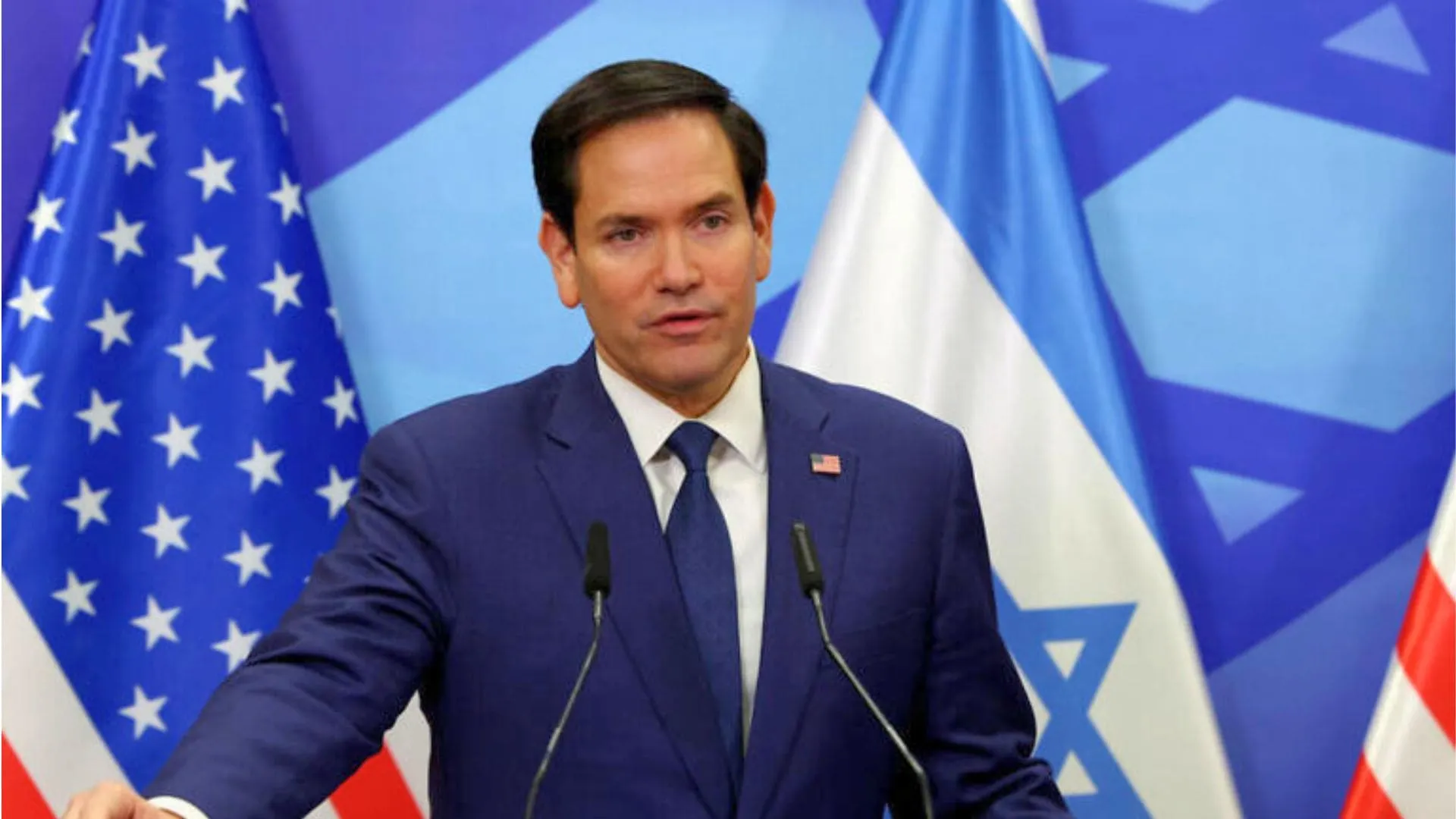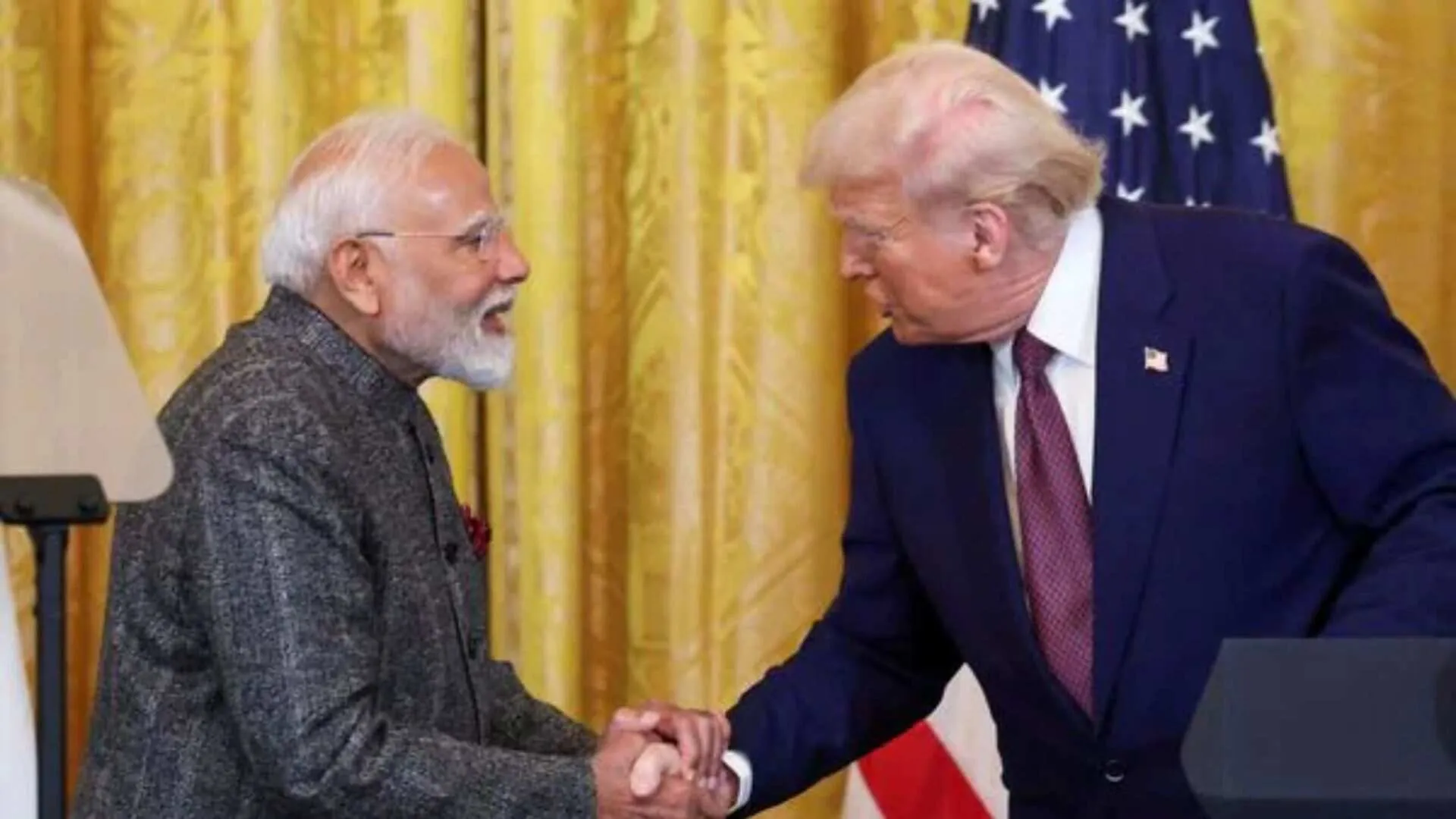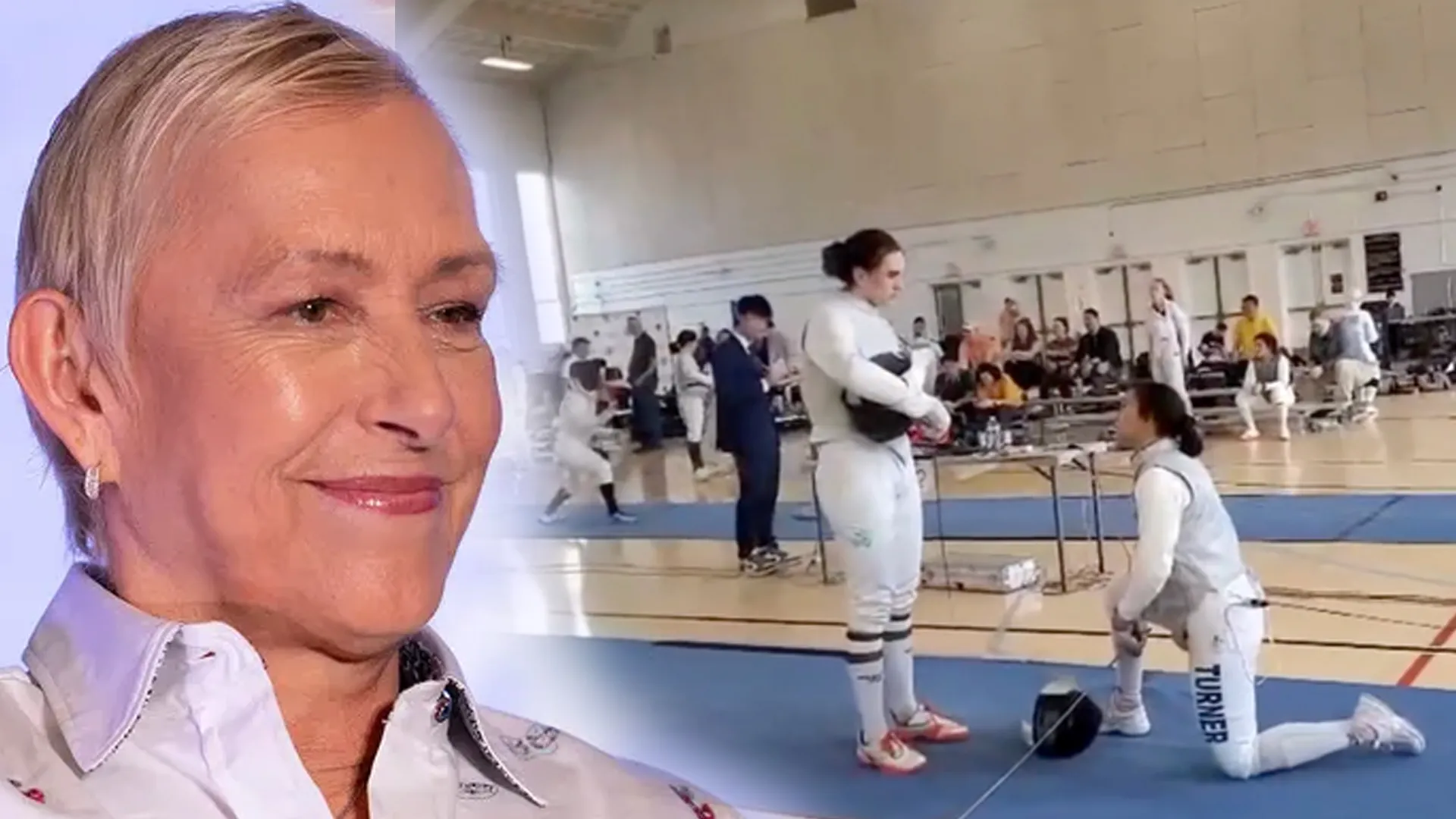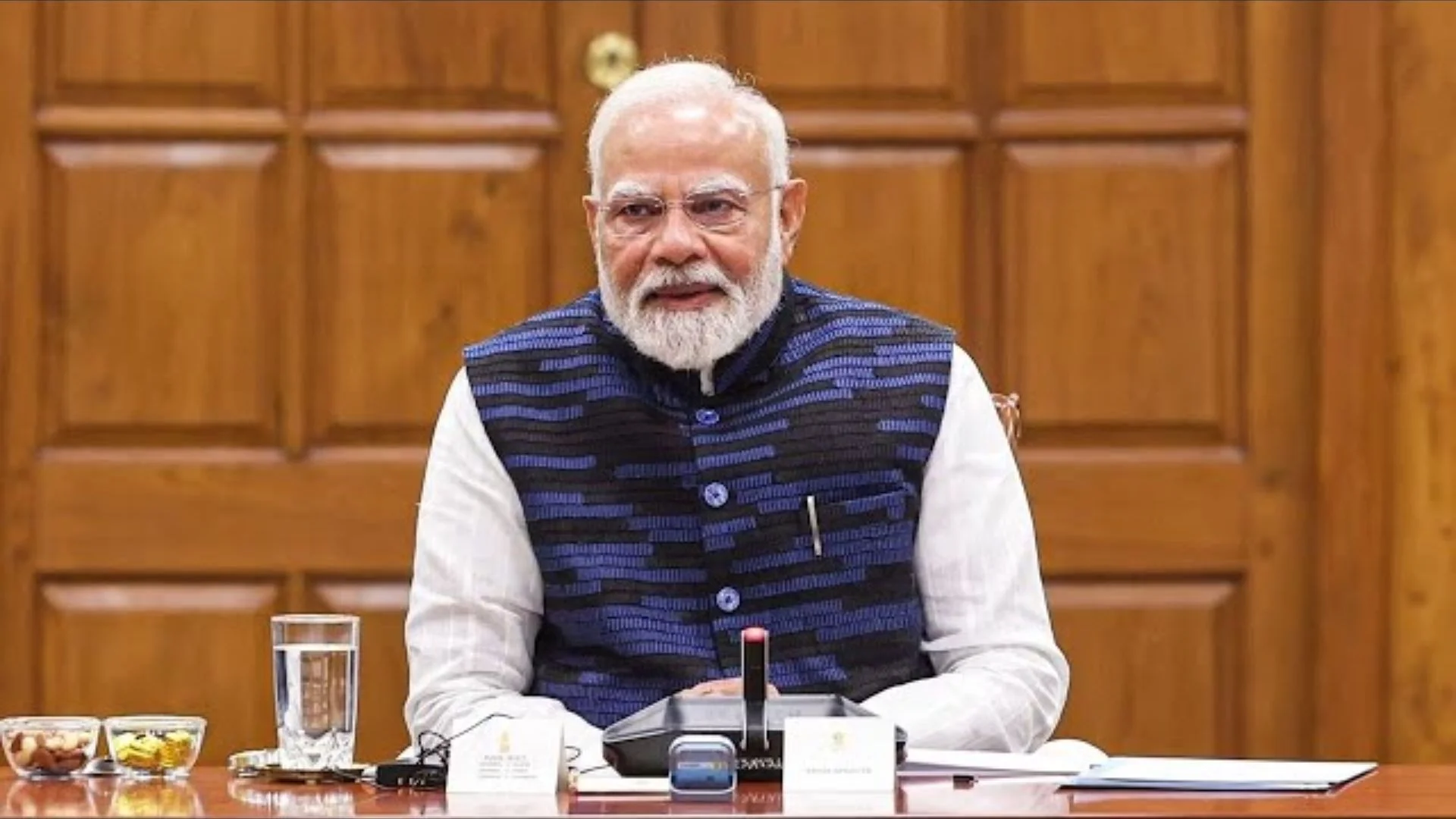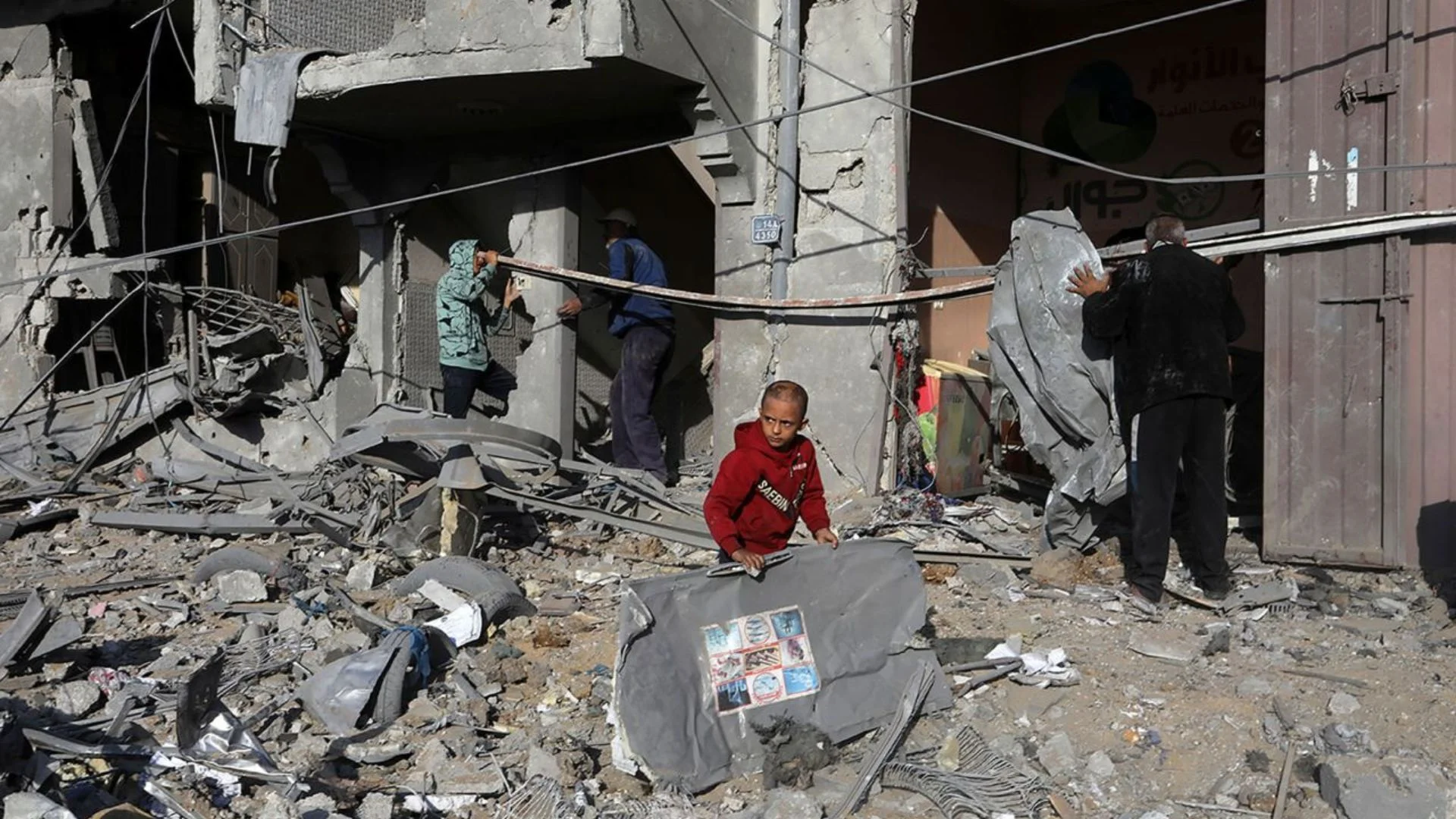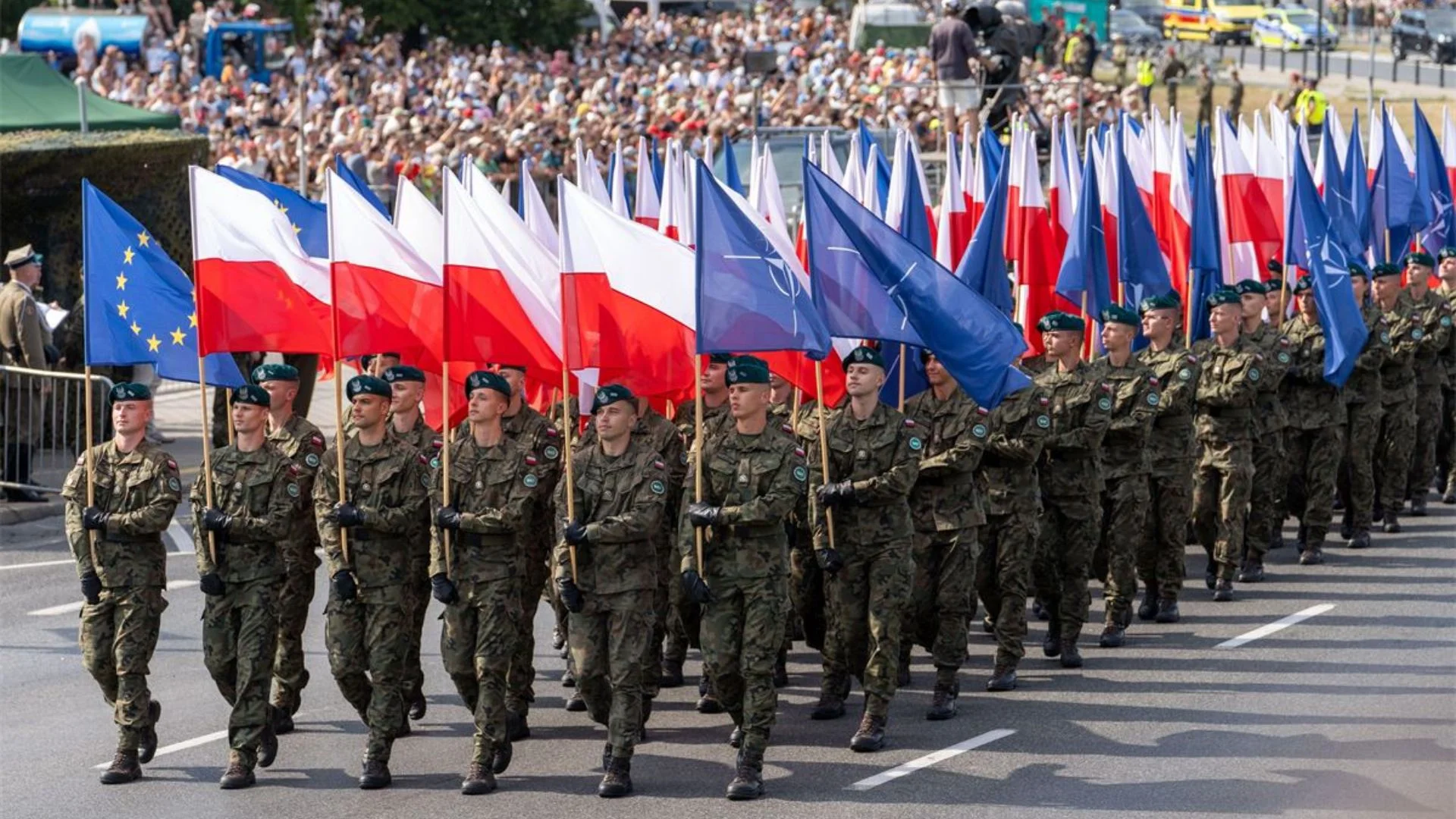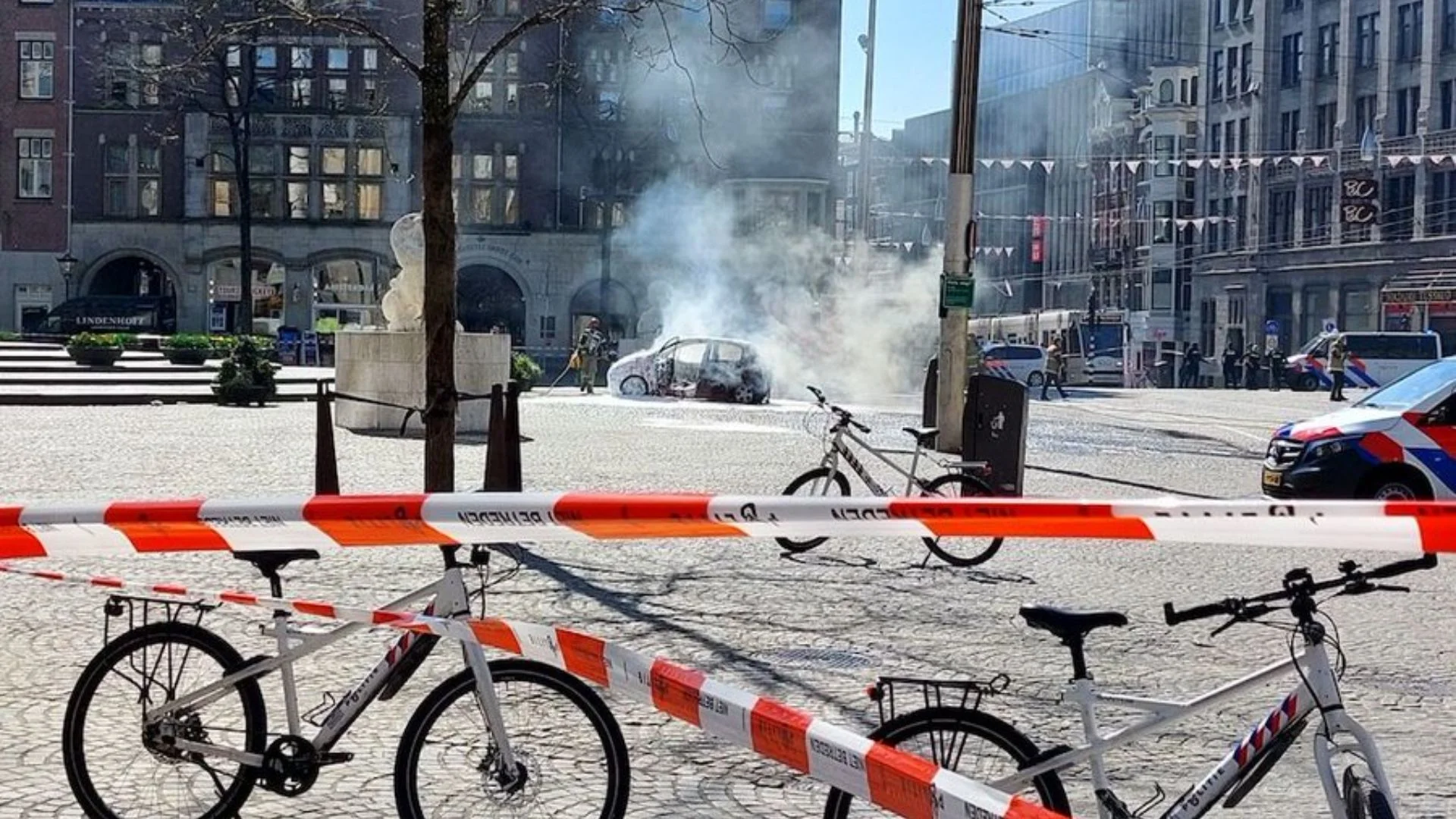Russia’s insistence on removing Ukrainian President Volodymyr Zelenskyy is holding up Russia-Ukraine ceasefire talks, testing the patience of U.S. President Donald Trump. Trump, who promised to end the war in no time, coerced Ukraine into signing a 30-day ceasefire agreement. But Moscow‘s insistence on the ousting of Volodymyr Zelensky has delayed talks. Experts warn that the longer Russia drags out negotiations, the greater the risk of losing Washington’s support.
Moscow’s Demands: Political Stakes?
The Kremlin insists on a pro-Russian government in Ukraine. Russian President Vladimir Putin urged a temporary government under international control for a period allowing new elections to take place. Vladimir Putin contends that Volodymyr Zelenskyy, missing the May 24, 2024, election deadline, is illegitimate.
But Ukrainian analysts point out huge problems in holding elections in the middle of a war. Security analyst Dr. Hanna Shelest pointed to logistical challenges: displaced citizens, military troops, and ongoing shelling render honest voting impossible. Notwithstanding these reservations, Russia insists on discrediting Volodymyr Zelenskyy and insists on a regime change or strengthening its grip over occupied territories.
While that is happening, Russia’s actions contradict its ceasefire commitments. After a Trump-Putin call, Moscow reportedly agreed not to target Ukraine’s energy infrastructure. Yet, shortly after, Ukraine accused Russia of striking key energy sites, risking tensions with Washington.
Trump’s Frustration: A Warning for Russia?
Donald Trump, a long-time boaster about ending the war, is getting impatient. During an interview this week, Trump fumed against Russian procrastination, threatening calamitous economic harm. He called for secondary Russian oil tariffs should Moscow fail to uphold the terms of the ceasefire agreement. Despite his anger, Trump insisted that he gets along very well with Putin. The longer the Kremlin drags its feet, the higher the threat of U.S. sanctions and missed opportunities for good deals with Washington. If Moscow keeps pushing Trump’s boundaries, Russia may find itself facing harder sanctions than anticipated.

